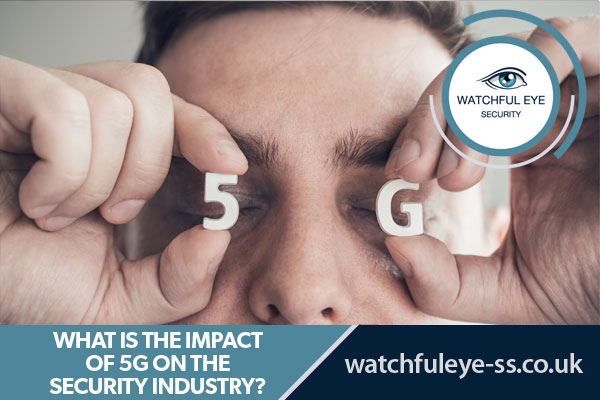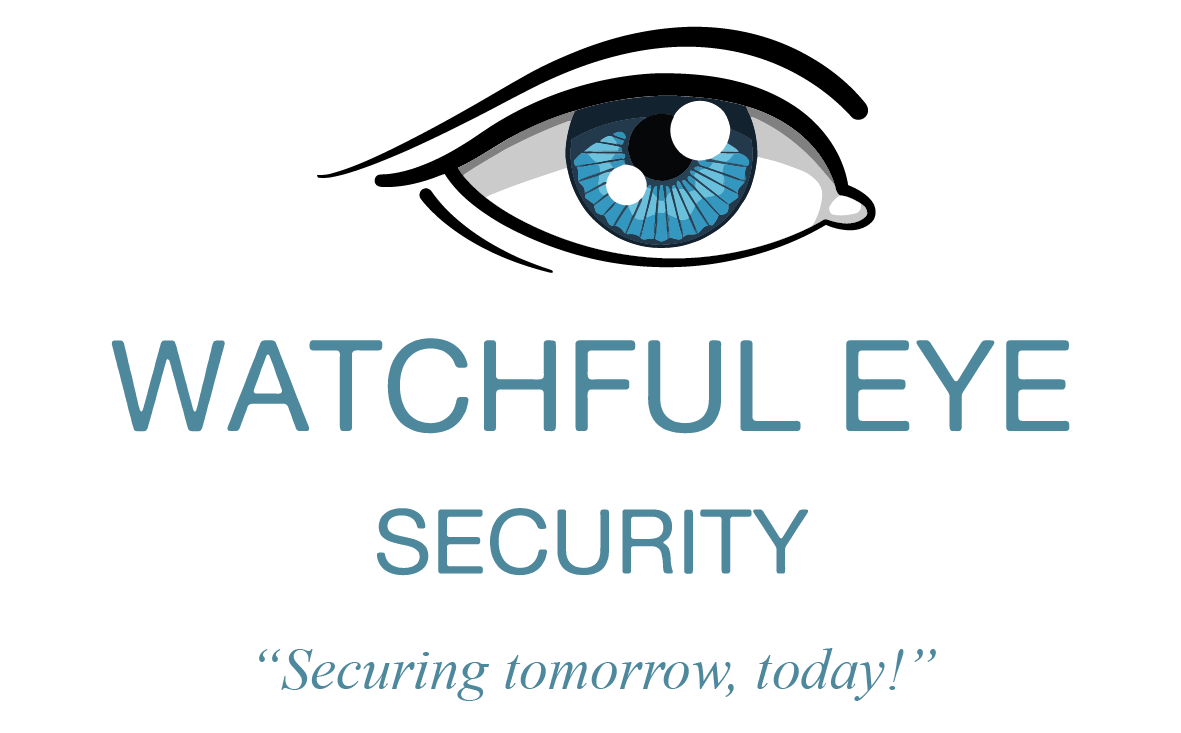
The impact of 5G on the security industry
Inevitably, following the 4G, the new 5G generation is here to stay. In an era where the Internet of Things (IoT), Smart Cities, Intelligent Vehicles and machine-to-machine connections are a reality, 5G brings yet another layer of innovation and support for this evolutionary trend, unveiling a plethora of business cases and capabilities.
5G (Fifth-generation wireless cellular technology), the network of the future, is all set to engulf the world in its realm of technical marvels and unimaginable possibilities. With its unmatched capabilities and potential for significant alterations in the world of wireless technology, 5G will redefine technology and unlock the real potential of radio networks.
However, its manifestation is quite relevant to the subject at hand. With increased communication speed and better connectivity comes the heightened threat of manipulation and possible breaches. Clearly, this dilemma again reinforces the need for physical and cyber security convergence. Will 5G break the barriers and bridge the gaps between physical and virtual security? Only time will tell.
What Are The Related Threats?
5G aims to connect everything, including people, objects, devices, machines and whatnot, in a better way. Hence the time for data transmission and communication will be enormously reduced. 5G enables network speeds that are on par with, if not better than, optical fibre connections.
However, these elevated benefits bring with them heightened security concerns. While industries are thrilled to take advantage of the increased speed, perpetrators won’t hold back either. Likewise, the significant gap between 5G and its precedent technologies raises many questions on its easy adaptability by various companies.
Undeniably, handling the security concern during and after the transition from the previous technology to 5G requires utmost diligence and due care. Hence a vigilant security service provider should be taken on board when handling these kinds of operations and transitions.
Some of the security-related challenges that industries may face include:
Greater Data Losses During Breaches
As more data will be transferred over a unit of time than before, the resulting loss in case of a breach is unimaginable. The appealing speed of 5G and reduced latency may lead to a company’s demise. When speaking of security, the US Colonial Pipeline attack is always a good case study and will remain this way for quite some time. Imagine the damage that would have been done had the attack occurred after the full rollout of 5G?
Denial-Of-Service Overloads
Similarly, with 5G, the denial-of-service attacks will be more detrimental. Unfortunately, the amazing speed of 5G is what will pave the way for increased DoS attacks.
Enhanced Human Error Consequences
Lastly, mistakes and errors will turn more unforgiving in the 5G era. Your employees are negligent and often unintentionally introduce malware into their work devices due to unprotected downloads and clicks. However, if the same unwise behaviour persists after in the 5G realm, the results may not be very enticing.
Where Does The Security Industry Stand?
Thanks to its increased capacity, which is 1000 more than 4g and a reaction time of just one millisecond, the resulting alterations in the Internet of Things (IoT) will be astonishing. Surprisingly, the solutions to the above problems lie within the technology itself. One only needs the right eye to see it.
The good news is 5G will provide the following enhancements in security:
- An improved response rate to problems due to the elevated speed and reduced latency
- Real-time uninterrupted live video surveillance will also be available, allowing security professionals to respond more quickly during emergencies
- 5G private networks will further boost reliability
